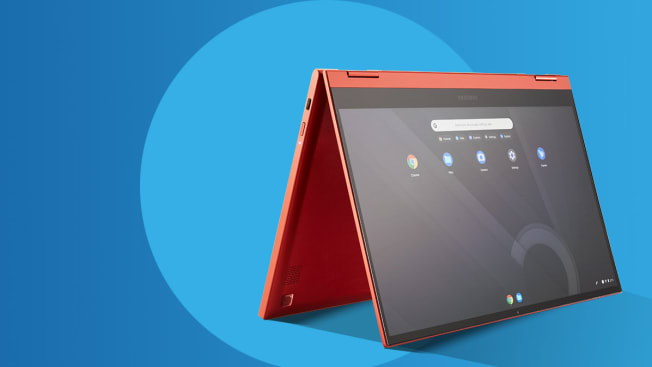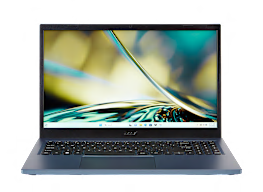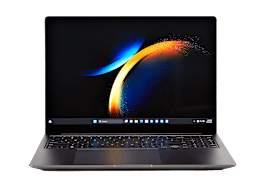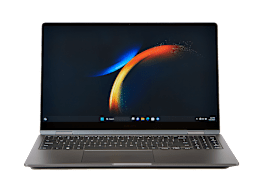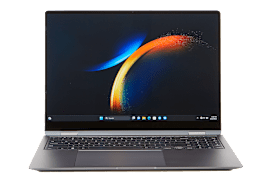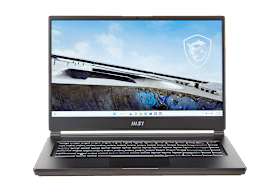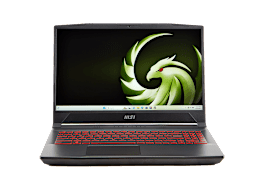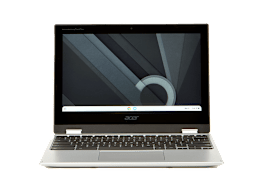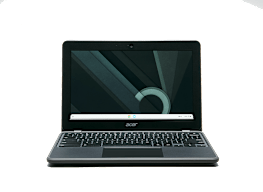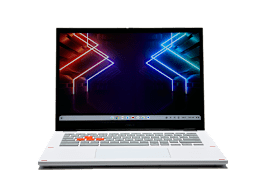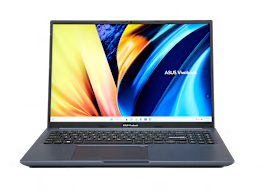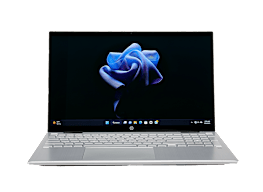Although there are premium exceptions, many of the best Chromebooks have more modest specs than their Mac and Windows counterparts, so you’re not as likely to find very fast processors or super-spacious hard drives. Consequently, Chromebooks can often be found for under $500, making them a good value for consumers who don’t need macOS or Windows.
“Chromebooks will run word processing and spreadsheet programs, and you can use them to browse the web,” says Richard Fisco, who oversees electronics testing at Consumer Reports.
Chromebooks rely heavily on web apps like Gmail and Google Docs, which lessen the need for the sort of higher-end specs you’d find on a Mac or PC laptop. Those web apps are often just as capable as their desktop counterparts, too. Chromebooks are good for taking Zoom calls, participating in Slack chats, or trudging through your email in Outlook without skipping a beat.
As for the downsides, you won’t be able to play the latest Mac or Windows games on a Chromebook, and serious photo and video editors will probably want the power and flexibility afforded by a Mac or PC. But if you do want a laptop with higher-end specs and prefer Chrome OS—say, for the distinct built-in security features—there are models in our ratings that come with more storage, more memory, and more powerful processors. For example, the Acer Chromebook Spin 713 has an Intel Core i5 processor, 16 gigabytes of memory, and 256GB solid-state drive; it’s built like a Windows laptop and has a comparable $1,060 price.
But for consumers with more basic needs, one of the Chromebooks below may make more sense. They deliver on Chromebooks’ original promise of inexpensive, lightweight, and long-lasting laptops for working in the browser and tackling everyday productivity tasks.
For more options, CR members can compare over 50 models in our Chromebook ratings. We buy everything we test, from 4K TVs to zero-turn lawn mowers, at retail, so the models that pass through our labs are no different from the ones you purchase.
